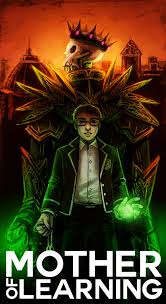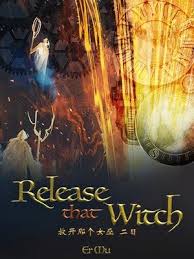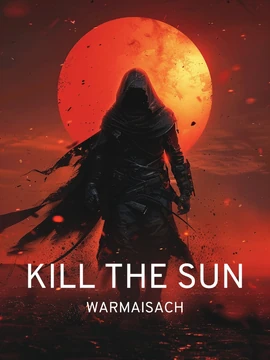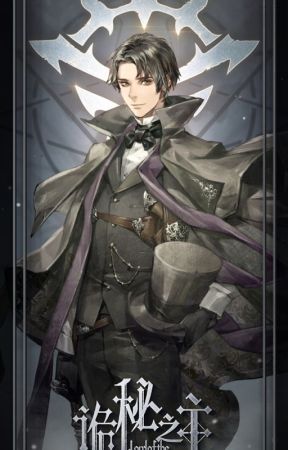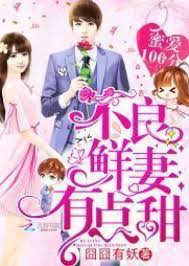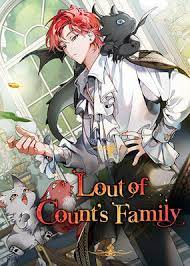The Story in 3 Sentences
Zorian Kazinski boards a train to Cyoria Royal Academy, unaware he’s stepping into a time loop that will trap him in the same month for subjective years.
Each reset forces him to relive the summer festival cycle, pushing him to master magic, unravel conspiracies, and survive the machinations of a mysterious enemy known as Red Robe.
As the layers of reality peel back, Zorian confronts not just the artificial nature of his world but the emotional toll of isolation, growth, and the weight of endless repetition.
Why It Stands Out
1. A Time Loop That Breathes
Mother of Learning doesn’t just use the time loop as a gimmick—it makes it a living, breathing force that shapes every aspect of Zorian’s existence. Unlike stories where repetition feels mechanical, here each loop accumulates meaning, strategy, and emotional residue. The narrative treats time not as a reset button but as a spiral, where every turn forward is built on the scars and insights of the last. Fans call it “the most human time loop in fantasy” because it captures the exhaustion, the obsession, the tiny victories, and the crushing loneliness of being the only one who remembers.
2. Magic as a Discipline, Not a Miracle
The magic system isn’t flashy for spectacle’s sake—it’s a structured, demanding craft rooted in mana theory, spell design, and cognitive load. Zorian doesn’t level up by finding ancient artifacts; he earns power through study, failure, and repetition. The novel treats magical education like real academia: full of exams, peer rivalry, mentorship, and institutional politics. Readers who crave intellectual rigor in their fantasy praise the way spells have real costs and limitations, making every advancement feel earned. It’s not just progression—it’s pedagogy as plot.
3. The Weight of Knowing Too Much
While Zorian gains power, he loses something just as vital: normalcy. The story doesn’t shy away from the psychological toll of living years while everyone else experiences a single month. He watches friendships form and dissolve without him, sees lovers move on, and struggles with the moral burden of manipulating events behind the scenes. This isn’t a power fantasy—it’s a meditation on isolation, agency, and what it means to grow when no one else can follow you. The melancholy undercurrent elevates it beyond genre conventions into something haunting and introspective.
Characters That Leave a Mark
There’s Zach Noveda – the rare ally who shares Zorian’s burden of memory, bringing not just combat skill but emotional grounding.
You’ll meet Akoja Stroze, who refuses to be just another smart classmate; her sharp wit and layered motives keep Zorian guessing and challenge his assumptions at every turn.
Then there’s Red Robe, not a mindless villain, but a shadow with purpose, whose presence turns the loop from a puzzle into a battlefield of wills.
The Flaws Fans Debate
Some readers struggle with the deliberate pacing of the early chapters, where world-building and routine dominate over action.
A few note that the dense exposition on magic theory and political systems can feel like a textbook at times, slowing momentum.
There’s a split among fans about the shift in tone when the story expands beyond the academy—some love the escalation, others miss the intimate, school-bound tension.
Must-Experience Arcs
Ch. 1–26: The Loop Begins – Introduction to Zorian’s trapped existence, initial confusion, and first attempts to break the cycle. Establishes core mystery and emotional stakes.
Ch. 27–54: Breaking the Walls – Zorian ventures beyond the academy, uncovers hidden factions, and begins to map the true scope of the loop. Magic deepens, alliances form, and danger escalates.
Ch. 55–109: The Gate Key and the Endgame – The final push to escape, full of high-stakes confrontations, revelations about reality’s nature, and Red Robe’s true identity. Emotional and narrative payoffs converge.
Killer Quotes
“Let me tell you a story of lost time and a month that refuses to end.”
“Repetition is the mother of all learning.”
“Learning a language is never a wasted effort, young man… It develops your mind and expands your horizons!”
“Children often do not understand the importance of what their parents try to teach them.”
Cultural Impact
The novel redefined what readers expect from webnovel time-loop stories, shifting focus from quick power-ups to psychological depth and strategic growth.
It inspired a wave of “academic progression” fantasies that blend school life with intricate magic systems and long-term character development.
Fan communities regularly dissect its lore, with detailed timelines, spell mechanics, and conspiracy theories filling forums and Reddit threads.
Memes about “Zorian’s 100th loop” and “me trying to understand mana theory” circulate widely in fantasy circles, showing its cultural penetration.
It’s frequently cited in discussions about the most intellectually satisfying web novels ever written.
Final Verdict
Start Here If You Want:
A fantasy that treats magic like a science and time like a prison.
A protagonist who grows not through destiny, but through relentless effort and painful self-awareness.
A story where the real enemy isn’t just Red Robe—it’s the crushing weight of repetition itself.
Study If You Love:
Narratives that use structure as theme—where the time loop isn’t just a plot device but a mirror for personal evolution.
Character studies that explore how knowledge isolates and transforms.
World-building that feels lived-in, with politics, education, and social hierarchies that react realistically to supernatural events.
Avoid If You Prefer:
Stories where power progression is instant and unearned.
Light, whimsical fantasy without emotional or philosophical weight.
Fast-paced action from the first chapter—this is a slow burn that demands patience and rewards it deeply.
